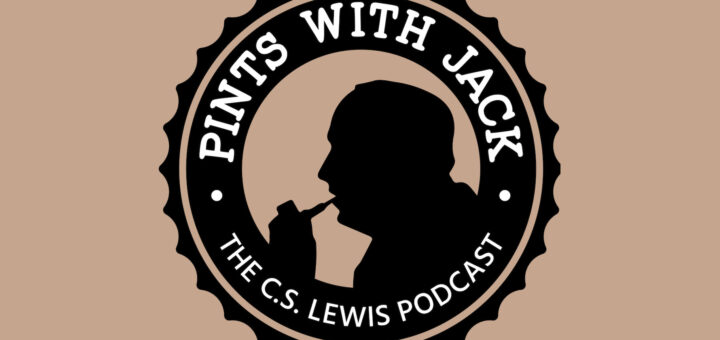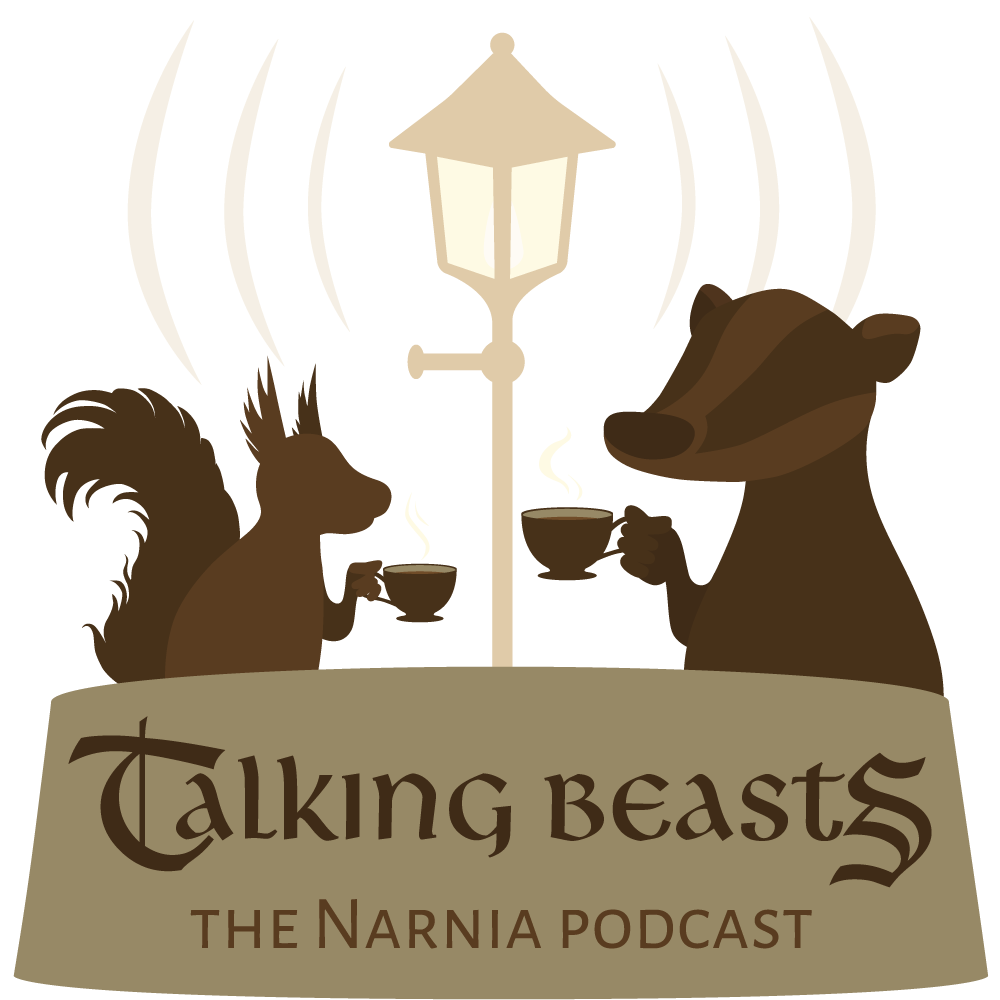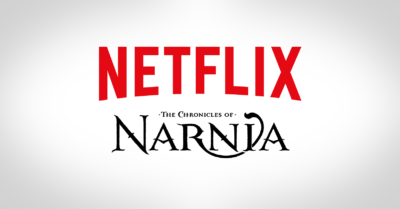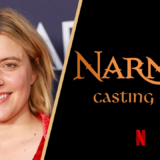‘Pints with Jack’ Podcast Discusses ‘The Voyage of the Dawn Treader’

Here is something to tide you over until the next season of Talking Beasts: The Narnia Podcast begins next Fall…
Pints with Jack is a podcast centered around the works of C.S. Lewis, and occasionally they examine one of The Chronicles of Narnia. They recently released two episodes on The Voyage of the Dawn Treader.






These are very good podcasts about my favorite Narnia book. Be sure to check them out. I love the informal method of discussion. 🙂
I enjoyed the first VDT episode and I’m sure I’ll enjoy the second one when I get around to listening to it. But personally I don’t feel like these podcasters are good at analyzing fiction. I think they should stick Lewis’s nonfiction. They seem to want everything to have some kind of special significance. (I suspect this is why David Baines likes the Planet Narnia interpretation.) Matt, whose last name I can’t remember, admits in the first VDT episode that he got impatient with beginning of the book, waiting for some spiritual insight. And in their recent discussion of Till We Have Faces, the podcasters described it as a confusing book because the message isn’t immediately clear in the first part. (To be fair, I’ve heard other people describe the book this way too.) I really don’t get this point of view. Everyone knows the moral of a story is clear at the end, not the beginning. (Though in their defense, VDT’s episodic structure makes it more reasonable to expect more immediate messages.)
I also feel like they have a hard time putting themselves into the protagonist’s shoes. In their Till We Have Faces discussion, they expressed incredulity that Orual, the main character, had such a hard time believing that her sister had married an invisible god. It’s like they expected her to know that she was in a C.S. Lewis book. The book makes it very clear that she grew up in a culture very different from ours, one in which slavery, human sacrifices and honor killings were considered the norm. The worldview her sister advocates is totally different from anything she’s heard before and I think it’d be very odd for her to immediately accept it, especially since it asks her to disbelieve her senses.
In the part in which Orual hears a story that retells her greatest sin and puts her in the most negative possible light, they talked a lot about how she was just getting angry and was ignoring the truth about herself the story was trying to tell her. This is completely true. But it’s not what most people are going to be thinking when they read the book. Here are some quotes, which significantly weren’t included in the podcast.
“It was as if the gods themselves had first laughed, and then spat, in my face…they had…wiped clean out the very meaning, the pith, the central knot of the whole tale…Never, sitting on my judgement seat, had I caught a false witness in a more cunning half-truth…is it not as if you told a cripple’s story and never said he was lame, or told how a man betrayed a secret but never said it was after twenty hours of torture? And I saw all in a moment how the false story would grow and spread and be told all over the earth; and I wondered how many of the other sacred stories are just such twisted falsities as this.
Now instantly I knew I was facing (the gods)-I with no strength and they with all; I visible to them, they invisible to me; I wounded (already so wounded that all my life had been but a hiding and staunching of the wound), they invulnerable; I one, they many. In all these years they had only let me run away from them as far as the cat lets the mouse run. Now snatch! And the claw on me again.”
I really don’t see how you can read this without empathizing with Orual. If either of the podcasters heard someone telling the story of their greatest moral failure in a way that made them sound as bad as possible, I doubt their first response would be humble contrition, even if the “false story” had an important truth about themselves in it.
That being said, I do recommend the Till We Have Faces discussion. I just don’t recommend it for people who haven’t read the book already. And I’m looking forward to their crossover with the Lamppost Listener about the VDT book and movie. I think it’ll be interesting to hear from someone who experienced both for the first time almost simultaneously. (I think that sounds like a really bad way to enjoy them, but it could definitely make for an interesting perspective for a podcast episode.) I just like the Talking Beasts analyses of the Narnia books better because those podcasters can both objectively critique the characters and imagine what it would be like to be those character in the same circumstances. In that way they recreate what it’s like to actually read the books.